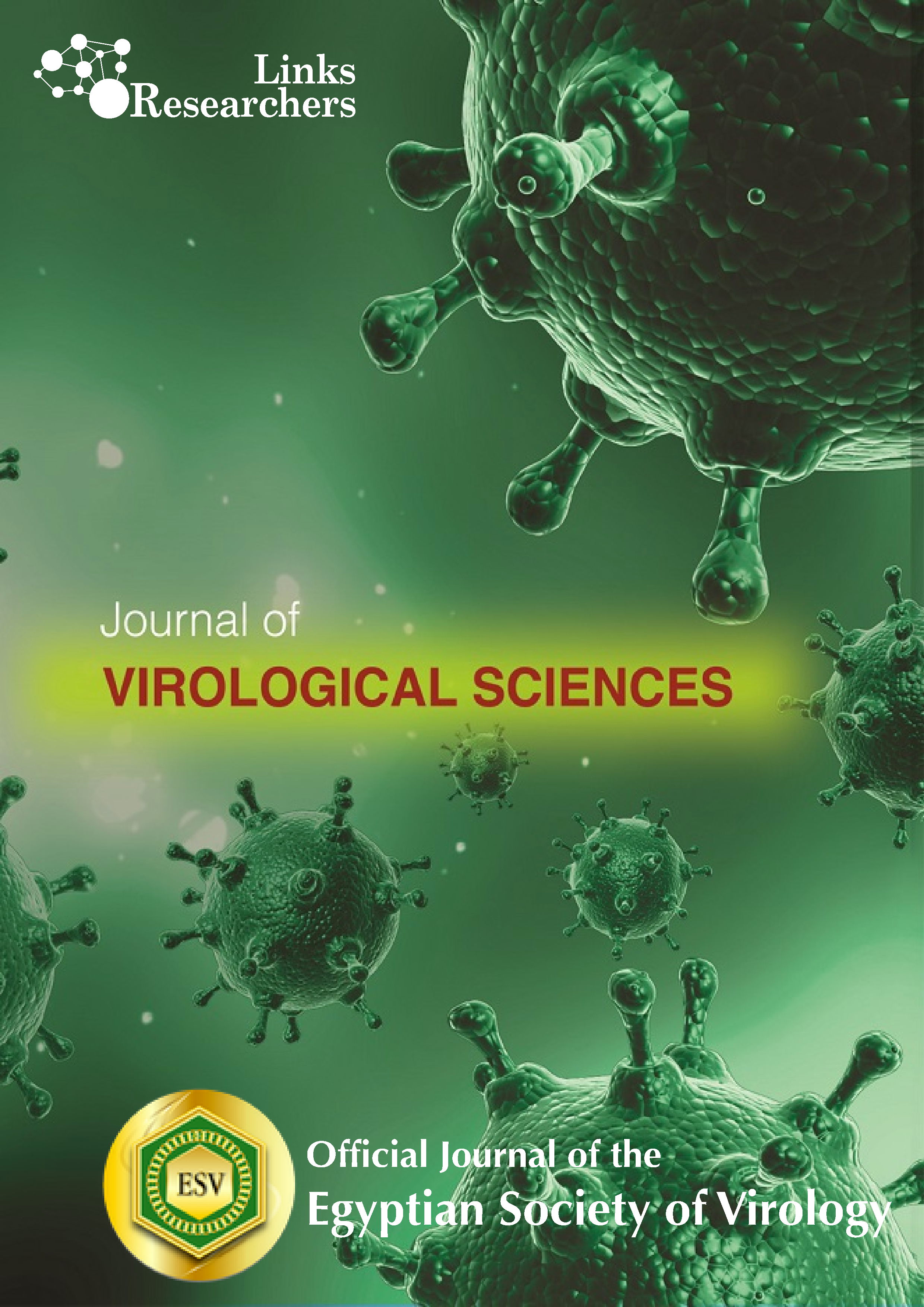Background: Middle East respiratory syndrome (MERS) is a newly emerging viral disease of
coronaviridae family which appeared firstly in Kingdom of Saudi Arabia. MERS affects the lower
respiratory tract of human. There are many researches which emphasized that camels are carrier for
MERS-CoV.
Objective: This study aim to know the extent of prevalence of new Exotic diseases like MERS among
imported camels from some endemic countries in Africa, and to check our local breeds of camels in
different governorates of Egypt for presence of MERS-CoV among them.
Methods: During the period of March 2016 to December 2017, 1500 nasal swabs were collected from
imported camels in Birqash veterinary quarantine, 195 nasal swab and Serum samples collected from
imported breeds in abattoirs of different governorates in Egypt, In addition to 98 nasal swabs and
serum samples were collected from local breeds presented in some camel farms. All nasal swabs tested
using real time RT-PCR while serum samples were tested using indirect ELISA technique.
Results: From 1500 nasal swabs of imported camel breeds collected in Birqash veterinary quarantine,
ten samples (0.66%) were positive for MERS-CoV by real time RT-PCR. Out of 195 serum samples
which collected from imported camels in abattoirs of some governorates, 110 samples (56.4%) were
positive for the presence of specific antibodies against MERS-CoV while the nasal swabs of these
tested animals of the abattoirs were negative for detection of MERS-CoV. All 98 nasal swabs and
serum samples which collected from local breeds of camel's farms were negative for MERS-CoV or its
specific antibodies. Phylogenetic analysis of coronavirus ORF1a partial sequences in some positive
nasal swab samples of imported breeds (with accession number on gen bank; MH184776, MH184776
and MH184777) confirmed presence of different branch of MERS-CoV from which isolated in Middle
East.
Conclusion: MERS-CoV is amphixnoses in which both human and camels are source of infection and
cause mild to severe respiratory disease in human while camels consider carrier of MERS-CoV.




